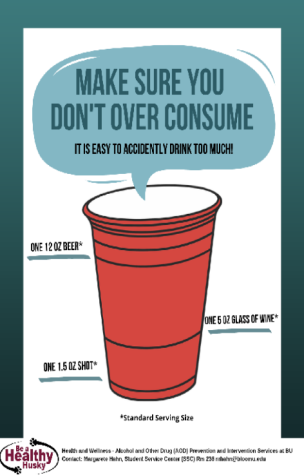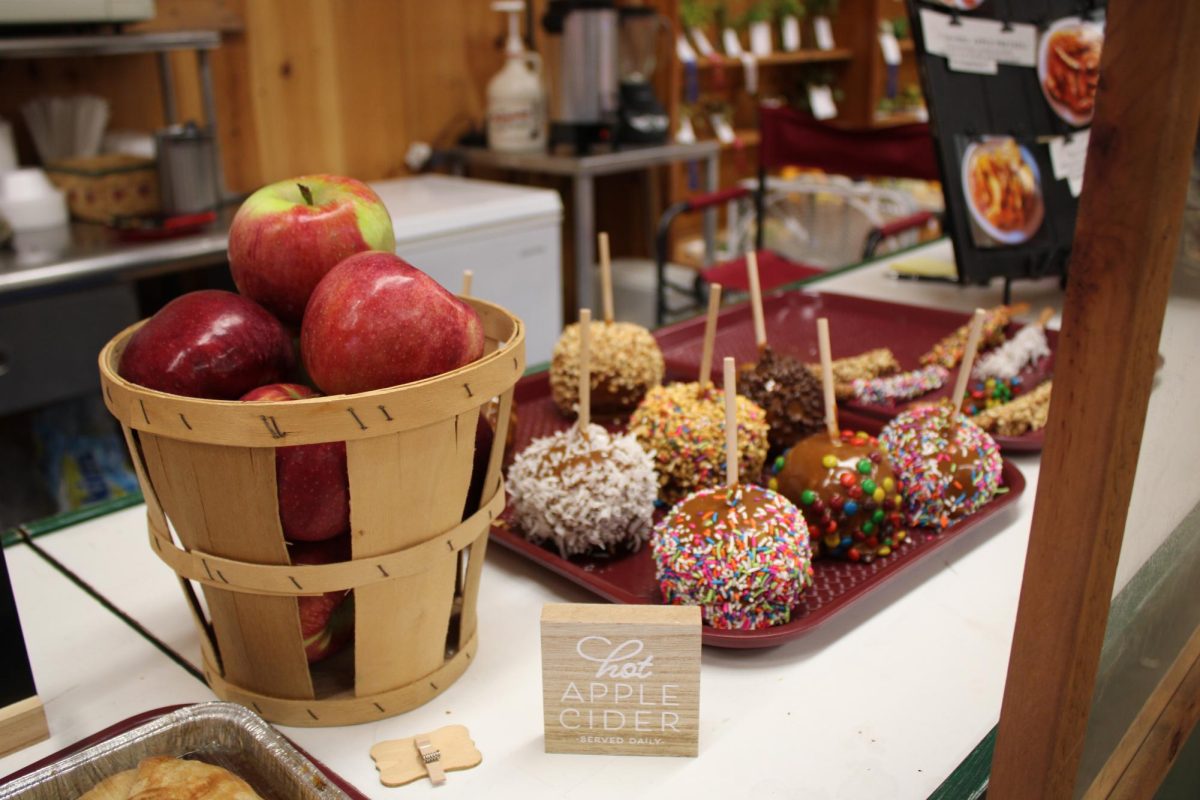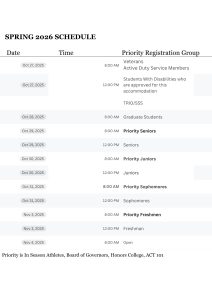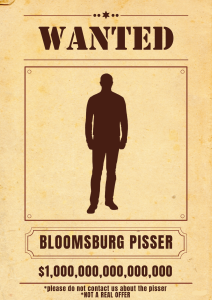Safety When Consuming Alcohol: BU’s Policies and Procedures
March 27, 2023

Bloomsburg University has a thriving nightlife. The local bars like Capitol Bar and Grille or Hess’s Tavern for students over the age of 21, and the every-weekend Greek Life parties that are thrown at multiple locations throughout the town are only a few examples of spots that students spend their days off consuming alcohol. It isn’t a secret amongst students or faculty and staff that their university community consumes alcohol. But, how is the University making sure students are safely drinking? Margarete Hahn, the Alcohol and Other Drug (AOD) Prevention and Intervention Specialist serving for the LHU, MU, and BU campuses sheds light on our university’s drinking policies.
Bloomsburg University’s campus is a “dry campus” meaning any purchase, distribution, possession, or consumption of alcoholic beverages on campus grounds is prohibited. The reason for this being that the University is upholding the law stated by the Commonwealth of Pennsylvania that any person under the age of 21, which makes up most of the students who live on-campus, is committing a summary offense if caught doing any of the above and can be penalized with fines of $500 up to $1000. There are a few instances in which the University will give special permission for alcohol to be permitted on campus. Hahn states, “If an event attains prior written approval, alcohol may be served on campus to individuals over the age of 21. For all other purposes, BU is a dry campus.”
Despite Bloomsburg being a “dry campus”, we still see the affects alcohol and the consumption of alcohol has on its students. To make sure our students are staying safe while making the decisions to consume alcohol, the University has multiple policies and procedures in place to keep students informed about their decision. Hahn tells us about, “Curriculum infusion, Freshman Seminars, Posters, Banners, Social Media messages and other outreach work by staff and peer mentors encourage students to make choices that benefit their growth and success.” Hahn also states that students are made aware, “During Orientation, Freshman Welcome Week, and throughout the academic year…about the Minimum Legal Drinking Age Act (MLDA) and the fact that the law is being enforced.” Students are also made aware that, “the risk for developing Substance Use Disorder (SUD) is highest during the time when the brain is still developing (up to age 25-28). Early onset of substance use and frequent use are the strongest indicators for SUD” according to Hahn.
Despite the substantial work by the University to keep students informed of the legal and physical repercussions of drinking, we wonder if the message to simply not drink is one that is working. Hahn says she does “not agree with the statement that encouragement to stay away from drinking is not working” despite the rapid consumption that happens on the weekends by students. There have even been numerous deaths in recent years that involve the consumption of alcohol and drugs. However, Hahn states, “National Data tells us that drinking in the college population is moderately declining, BU follows that trend according to Core Survey data.”
Hahn leaves us with a few places to seek advice on what students can do if they are ever in a situation where someone becomes harmed while drinking or using drugs. “BU has a strong Peer Mentor Team—The Husky PAWS (Peer Assisted Wellness Services). These undergrad student workers are supported by a grant from the PA Liquor Control Board. They share the message with their fellow students that their choices regarding alcohol and other drug consumption has the potential to impact their future.” She also touches on the Fentanyl crisis stating that, “Information about the danger has been brought to students with informational posters ‘Counterfeit Pills’, ‘One Pill Can Kill’, and social media messages. Narcan, which counteracts Opioid overdose is available for free on campus outside the Health Center door at KUB, and at a table in the Fireside Lounge.”
Students have the availability of free Narcan as an active way to help their peers if in a dangerous or harmful situation when consuming alcohol or drugs. Other than that, BU has extensive information on the laws, physical harm, and repercussions of drinking. We look to the University for the potential of some courses or policies that can be put into place so that students can be more active if in a harmful situation when it comes to drinking like they have with the distribution of Narcan.
























